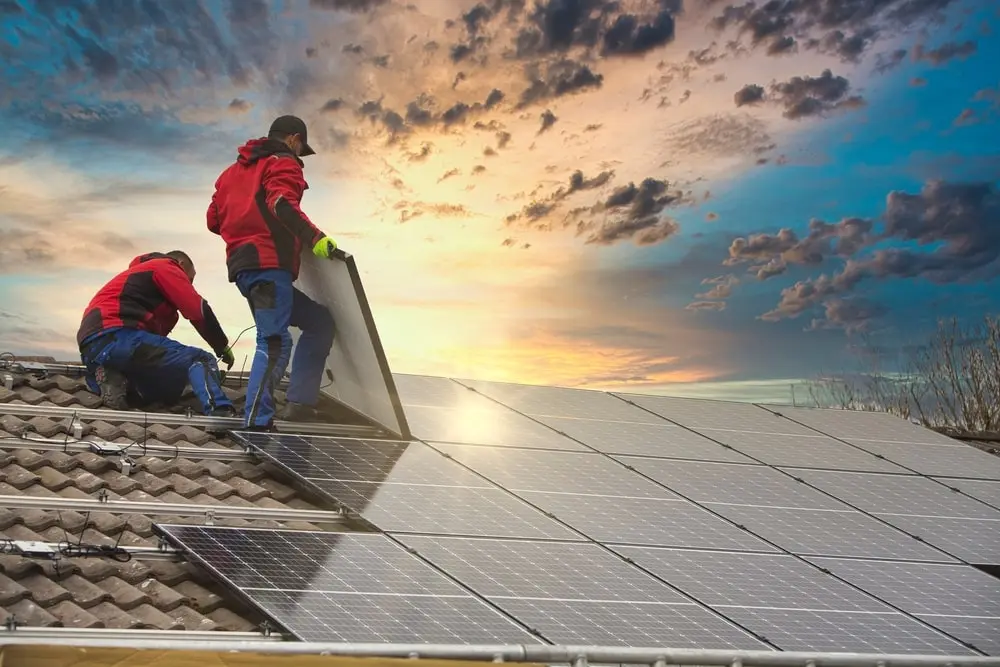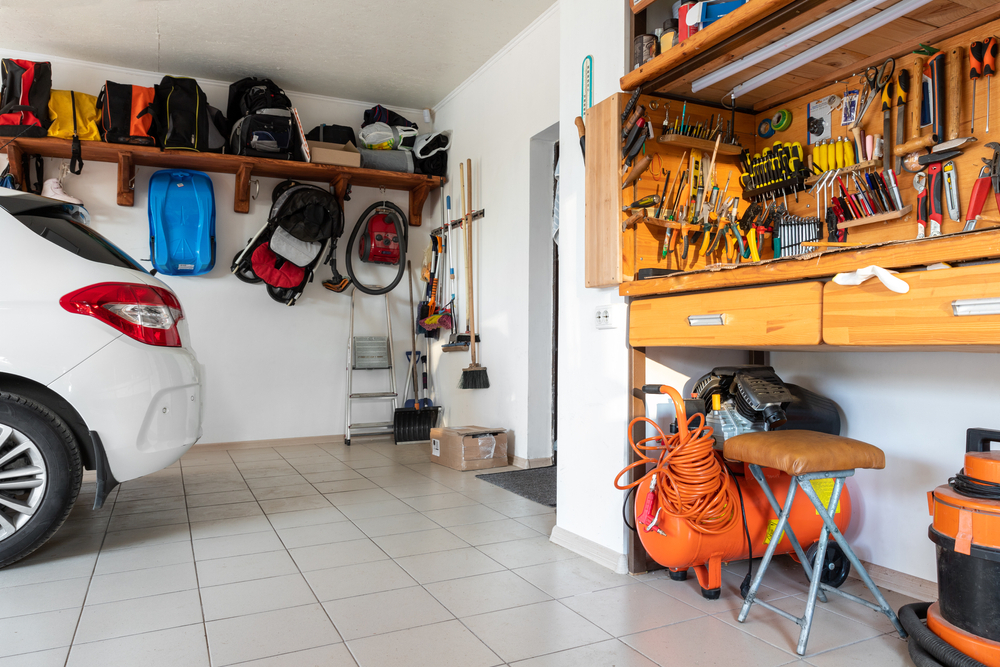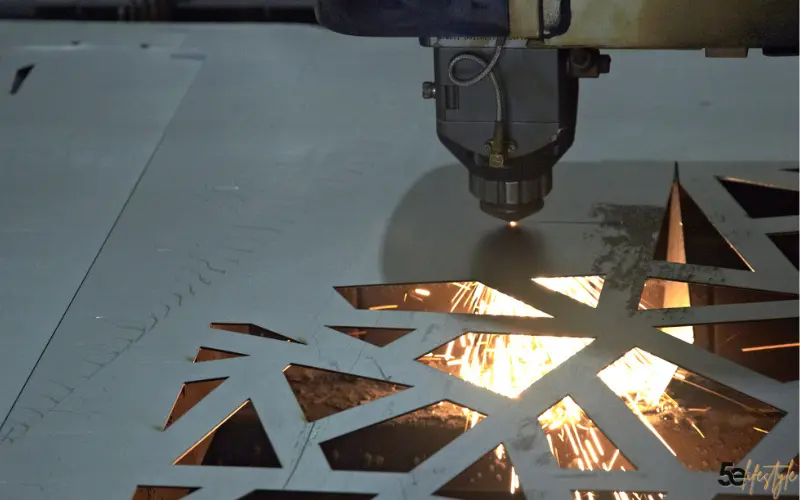Lifestyle
Do Solar Panels Damage the Roof?

Table of Contents
Do solar panels damage roofs?
Installing solar panels can be a daunting prospect. Not only is there a lot of paperwork to sift through, but it is essential not to damage the roof. Contrary to popular belief, solar panels won’t physically damage the roof. Instead, we’ll use the existing framework to support the solar panels.
In this article, we’ll discuss the potential damage in greater detail. Read on to find out more.
Assessing Potential Damage
Most solar panels are designed to be thin and lightweight with mounting systems. It is to attach the solar panel system to the roof without causing any actual damage to the roof itself.
Solar panel installation is usually done without damaging the shingles on a roof, although mounted hardware can poke through shingles. Regular inspections can be conducted to confirm that the solar panel mount is secure and that the panels were installed correctly.
Additionally, the screws and brackets used to mount the solar panel system can rust over time. Inspecting these materials to ensure they have not deteriorated is crucial. Assessing the potential damage of a solar panel system to a roof is essential. This is to ensure the top is adequately protected and installed correctly.
Considering Regular Inspections
Homeowners should consider the potential for roof damage when utilizing this technology. Reports suggest regular inspections of roofs with solar panels are a must. These panels break down over time, leading to cracking and leaking problems.
It is also best to have post-installation inspections to check that the panels are correctly mounted and not damaged. Inspections should also be done regularly to check any changes in the roof’s composition and the panels’ condition.
This will help to spot any minor problems before they become significant issues. Solar panels should not damage the roof, but it is still wise to monitor their condition.
Regular inspections and post-installation maintenance will help to ensure that the roof is in top shape and that any damages caused by the solar panel will be identified early on.
When considering a home solar installation, it is essential to consider any impacts to the roof and install additional roof protection, like extra insulation or ventilation. It is to mitigate the effects of higher temperatures.
Looking Into Weather Resistance
If not installed correctly, systems can compromise the integrity of the roofing material, resulting in accelerated deterioration of the roof. Weather resistance is a crucial factor to consider when installing solar panels. Regular exposure to the elements-rain, wind, hail, and heat. It can contribute to panel failure. Heavy precipitation and extreme temperatures can cause the panels to weaken and wear quickly.
Also, the system’s mounting hardware can loosen and fail over time. Ensuring the mounting components are solid and durable enough to last in harsh weather conditions is essential. Properly cared-for solar panels can last many years. Frequent exposure to weather elements can lead to corrosion and other issues. Investing in high-quality panels directly from the manufacturer. This will help ensure your system can withstand the environment. This wreaks minimal havoc on your roof in the long run.
Depending on Maintenance
Solar panels are becoming increasingly popular for generating energy and reducing energy costs. Some people worry that solar panels can damage the roof on which they are placed. The panels should also be securely mounted to the roof. It is to ensure they don’t shift or cause extra strain on the top. Finally, if any maintenance needs to be done, it should be done correctly and on schedule to prevent further damage.
Proper maintenance and installation techniques will ensure that your solar panels produce maximum energy output without damaging your roof.
Considering Solar Panel Weight
Solar panels are generally lightweight, often weighing between 20 and 50 pounds per panel. The mounting equipment and racks that support the panels can add as much as two to three times their weight.
Your home must have a structurally sound roof attached to the building frame to hold solar panel weights. This could range from 12 to 75 pounds per square foot, depending on the type of solar system.
It’s important to factor in the additional weight of the mounting frame to ensure that your roof can bear the weight. Professionals can inspect your building and help determine what measures must be taken before installing solar panels.
Exploring The Risks
Exploring the risks of solar panels damaging the roof can be an essential step in deciding to invest in solar power for a home. Many shelters are not designed to bear the extra weight of installing and maintaining solar energy. Professional inspections should be carried out before the panels are installed to ensure they won’t do any harm.
An experienced solar installation expert can identify loose or missing tiles, broken flashing and clogged gutters that could put the roof at risk. In addition, heat generated by solar panels can cause roof structures to warp, creating gaps that allow moisture to penetrate the roof.
Proper ventilation must be in place to prevent the panels from overheating and causing damage. Taking the time to carefully examine the potential risks associated with solar panel installation on a roof can save homeowners time and money in the long run.
Getting Answers: Do Solar Panels Damage Roof?
Do solar panels damage roof? In conclusion, solar panels are beneficial to rooftops. They protect them from harsh weather conditions and add insulation to the home without damaging your home’s surface. Utilize solar panels today and reap the benefits of a safer, more insulated home.
To learn more helpful tips aside from solar panels on the roofing system, be sure to follow our site today!













